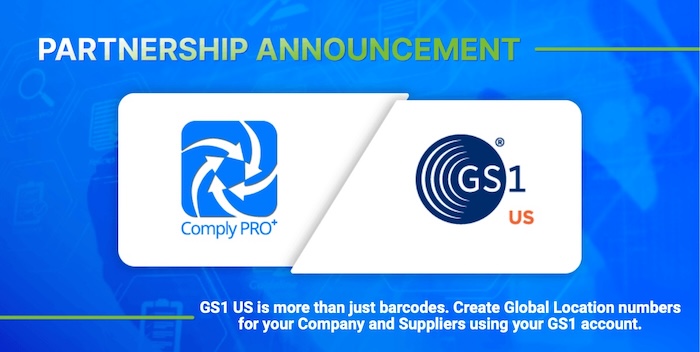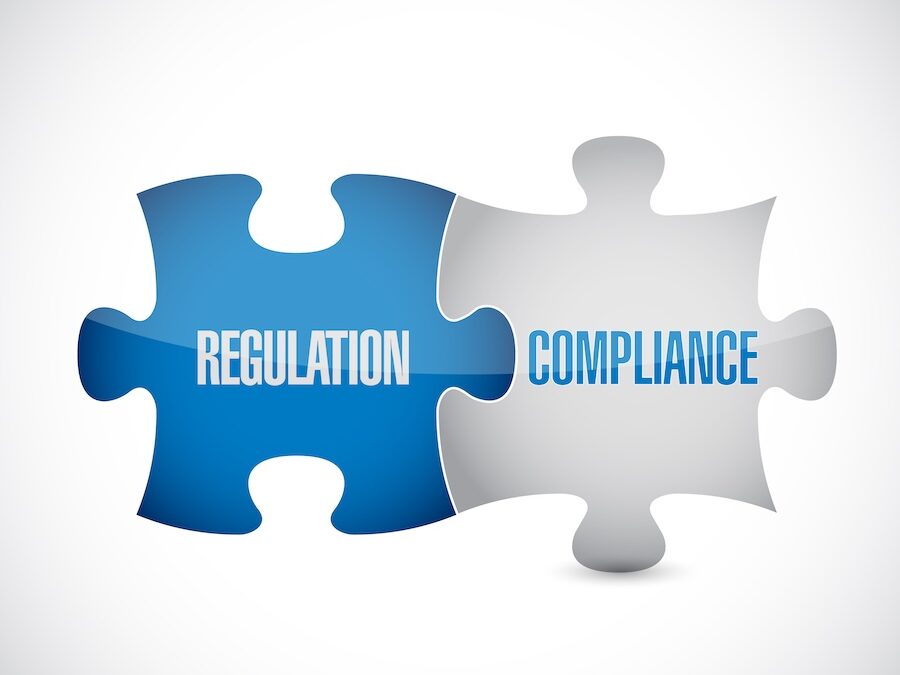
by Bill Jacoby | Apr 8, 2025 | Insights
By: Shane Morris, Sr. Director, Business Development, GS1 US With a number of regulations affecting e-commerce selling today, efficient supply chain management is fundamental for success. One powerful tool that can enhance your supply chain operations is the GS1...

by Bill Jacoby | Feb 12, 2025 | Insights
Comply PRO+ is now a GS1 US Channel Partner, enabling you to license GTINs right from the app.. GS1 is the global authority for the unique identification of products and companies. Many third-party barcode vendors claim that they have GS1 barcodes, but only barcodes...

by Bill Jacoby | Jan 9, 2025 | Insights
On January 8, 2025, the Final Rule to implement changes to 16 CFR 1110 requiring eFiling was published in the Federal Register. [CPSC Docket No. 2013-0017] This makes the mandatory effective date for the new rule and implementation of eFiling July 8, 2026, unless...

by Bill Jacoby | Jan 1, 2025 | Insights
Great news for Amazon sellers and manufacturers of consumer products regulated by the CPSC! Comply PRO+ is excited to announce that we have officially become an Amazon SPN (Service Provider Network) provider. This listing enables us to assist Amazon sellers in selling...

by Bill Jacoby | Sep 18, 2024 | Insights
The Biden-Harris Administration is taking new actions to enforce our laws and protect American consumers, workers, and businesses by addressing the significant increased abuse of the de minimis exemption, in particular China-founded e-commerce platforms, and...






